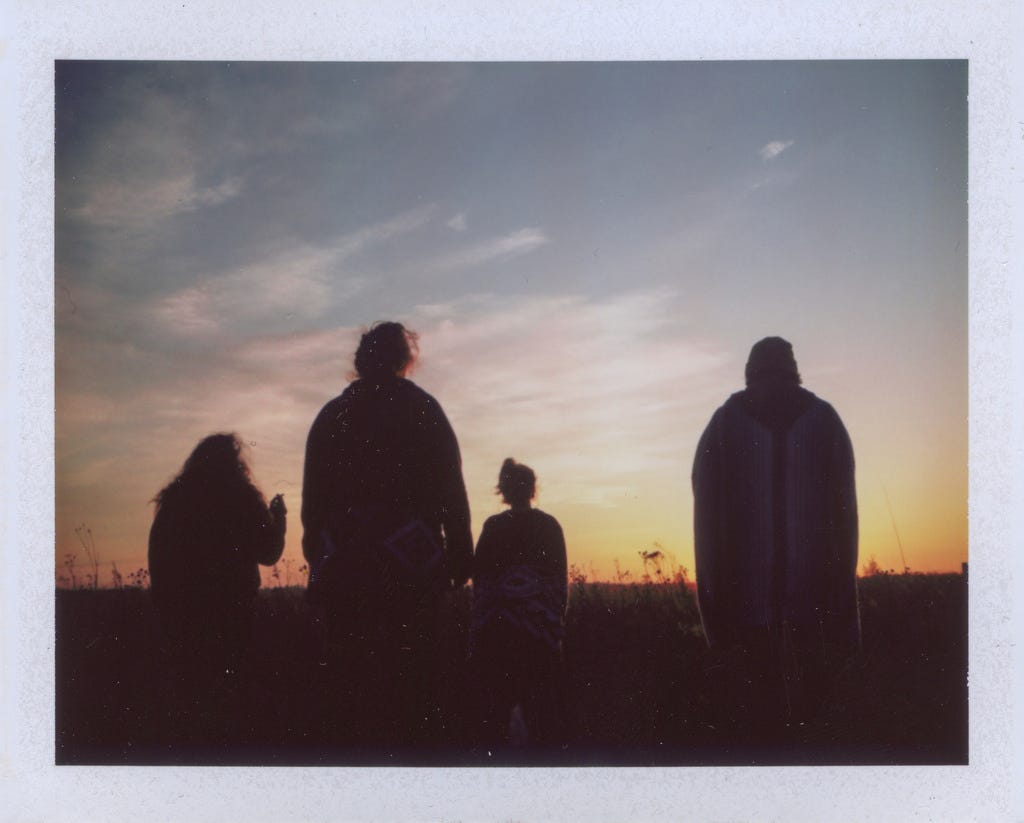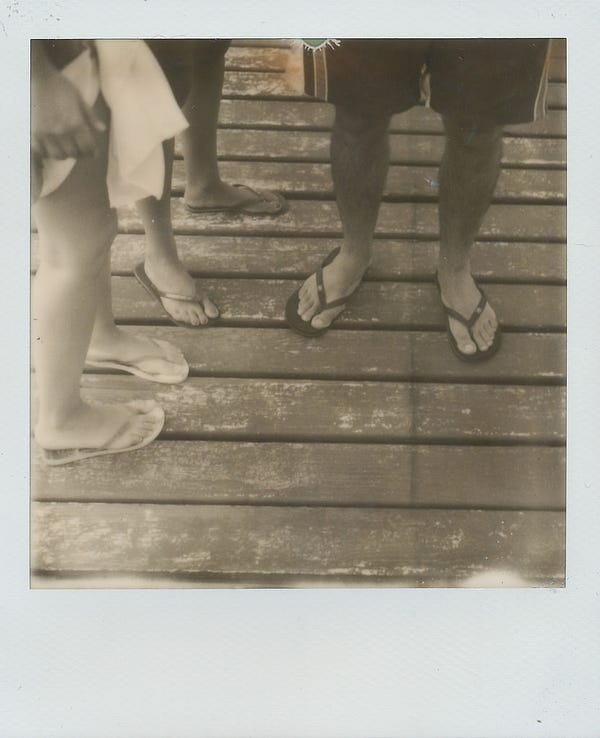A Youthful Apology
Table of Contents:

An Open Letter to People I’ve Wronged
Looking back, I wasn’t a good person for most of my teenaged years. It seems as though there was almost an endless amount of time when I acted reckless and immature. I disappointed my favourite teachers and betrayed the only people who were willing to be my friends. I hurt my closest family.
There’s no tragic backstory that would provide justification for that kind of behavior. Being self-destructive is one thing — if you want to loft around in empty fields for a lifetime, go for it. The real damage happens when you allow yourself to hurt others in the process.
It’s hard to write this — not because of shame or ego — but because of how much time has passed. There’s nothing to salvage, here. And it embarrassingly took me years to figure that out. Which is why I’m writing this publicly, instead of attempting to rectify things personally.
You can get to the point where there’s only a bittersweet feeling of two parts rumination and one part nostalgia. Wounds heal — and sometimes they scar. Leaving in their place fragmented memories. But there’s nothing wrong with that.

The truth of the matter is that apologies are pretty meaningless to anybody but ourselves. The blunt truth is you tell somebody you’re sorry fifteen times in a row to make yourself feel better, not them.
If you want somebody to think you changed, then act differently, act better. It’s as simple as that.
But sometimes you cause so much pain where it doesn’t matter what you do. People move on, and the most difficult thing to endure is accepting that.
I once tried my absolute hardest to fix my relationship with somebody I really hurt. It ended up causing irreparable damage.
It taught me that if you truly love someone, you have to set them free.
This isn’t to say that you should guard yourself away others. But you can’t take care of others unless you take care of yourself, first. Similarly, you must be honest with yourself before other people can put their trust in you. Be mindful of your actions, measure their consequences.
You need to allow yourself to be vulnerable, open up to people about what’s truly going on in you. Take the risk of actually talking about the things you enjoy, even to total strangers. Toxicity in relationships rises from trying to hide things.
I’m sorry.